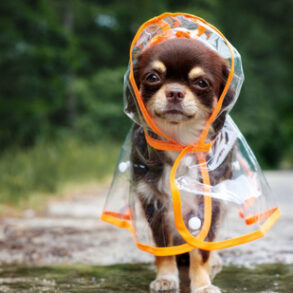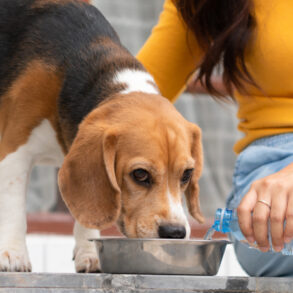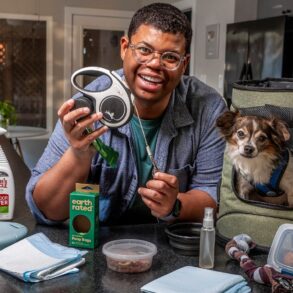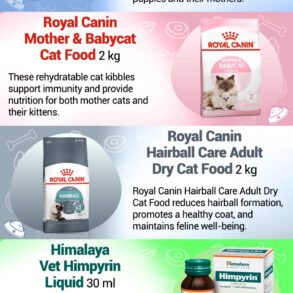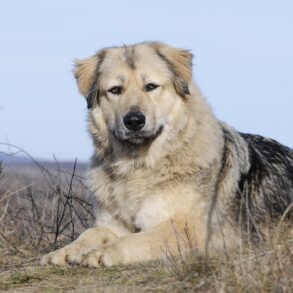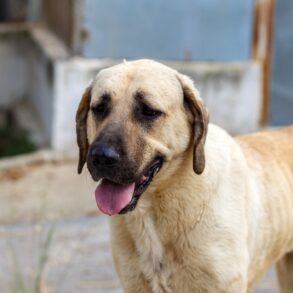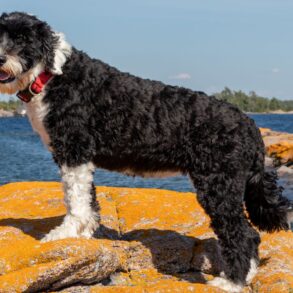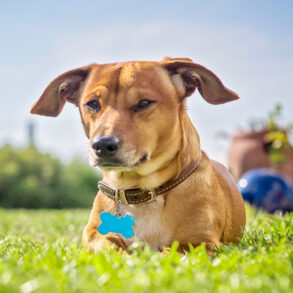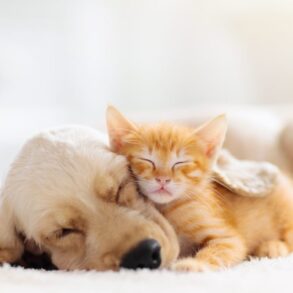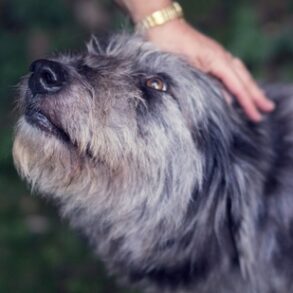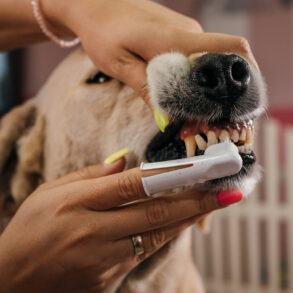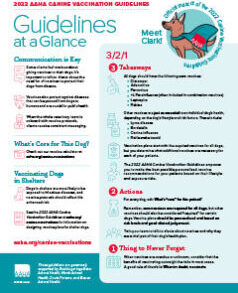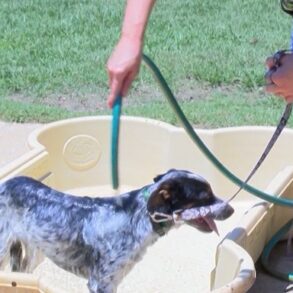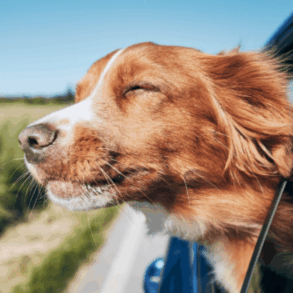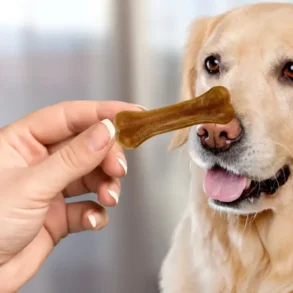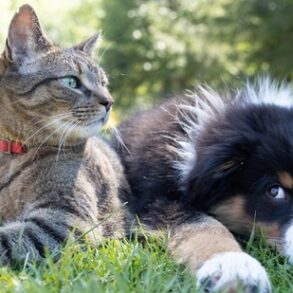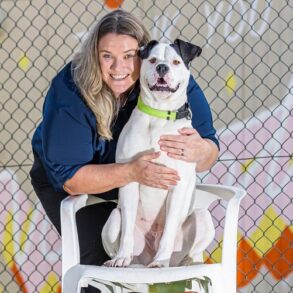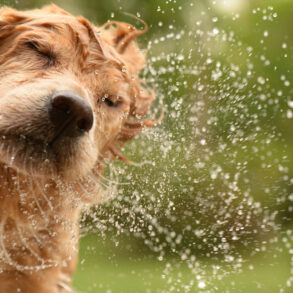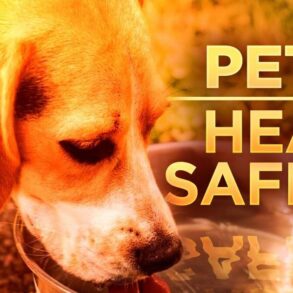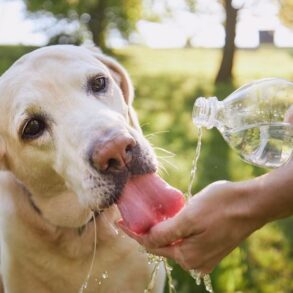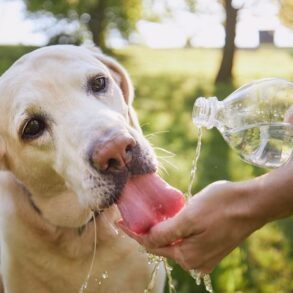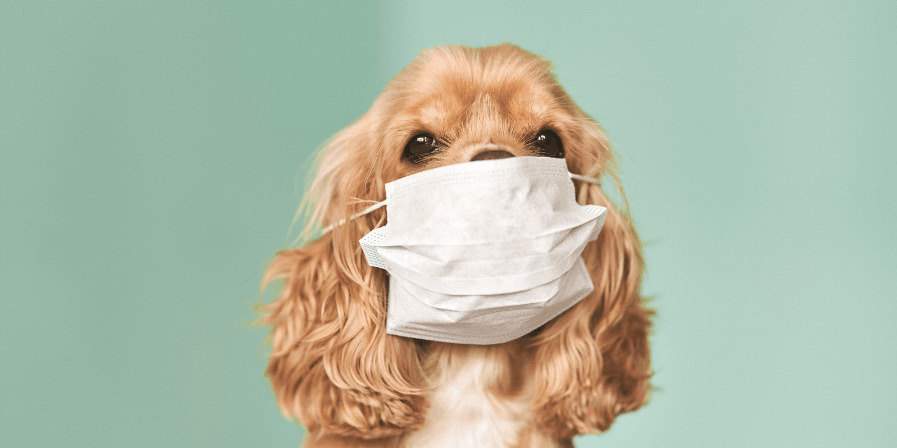
When the quality of the air in cities like Delhi and the National Capital Region deteriorates, we must prioritize the pet health of our furry pets. Air pollution is a major concern to pets and pollution, particularly dogs and cats, in addition to injuring humans. Experts have raised concerns about the possibility that elevated pollution levels could lead to allergies, respiratory conditions, and even more serious conditions like lung cancer in pets.
The Impact of Air Pollution on Pets
According to Dr. Gautam Anand, Senior Veterinary Consultant at Dr. Anand’s Pet Clinic in Delhi, air pollution can lead to a host of serious health problems for dogs. Dogs are particularly vulnerable; common issues include asthma and other chronic conditions, as well as short-term breathing issues. Cats are also affected, especially those with pre-existing respiratory conditions.
Numerous illnesses can be brought on by poor air quality, especially in dogs. Regularly monitoring the AQI (Air Quality Index) is essential, and you should adjust your pet’s treatment as needed. Dr. Anand suggests keeping windows and doors closed, keeping your home clean and well-ventilated, and avoiding going for walks outside on days with poor air quality.
Common Pet Health Issues Associated with Pollution
Air pollution may seriously affect your pets’ respiratory systems. Prolonged exposure to pollution can cause respiratory issues, allergies, and long-term ailments like lung cancer. Pet owners should be alert for uncomfortable symptoms such as coughing, sneezing, lethargy, or appetite loss, since these may be signs of a respiratory illness associated with air pollution, according to Dr. Anand.
Karthik Rajan, COO of SAVAVET, an animal health company, emphasizes the importance of reducing dogs’ exposure to pollution, particularly during peak traffic hours when air quality is at its worst. After hours of gridlock, consider taking your pets for a walk once the air quality improves. “If your pet shows signs of respiratory distress, it’s imperative that you see a veterinarian immediately,” he advises.
Protection of Pets from Pollution
Experts offer the following guidance to ensure pet safety and prevent the detrimental effects of air pollution:
1. Check Air Quality Levels: Use apps and websites to track AQI in real time. On days with poor air quality, keep your pets indoors and focus on indoor activities.
2. Seal Windows for Cleaner Indoor Air: Keep windows and doors closed and use heavy draperies to keep pollutants out. Use an air filter in the rooms where your pet spends the most time to further reduce airborne pollutants.
4. Hydration and Immunity Boost: It’s important to keep your pets hydrated, especially during periods of heavy pollution. Experts suggest adding wholesome, veterinarian-approved supplements to your pet’s diet, including Vitamin C, turmeric, or coconut oil, to boost their immunity. These can reduce inflammation and support overall pet health.
5. Look for Symptoms: Watch for symptoms like coughing, sneezing, or red eyes, which may indicate an allergic reaction or respiratory issues caused by pollution. If you see anything unusual, take your pet to the vet for a checkup.
Regular bathing will help remove pollutants from your pet’s coat, reducing the irritation that pollutants cause to your pet’s skin. Choose dry shampoo or hypoallergenic pet shampoos that are gentle on their skin. Especially in the winter, make sure your pet is totally dry after bathing to avoid chills. Keep in mind to regularly clean their paws to prevent the spread of dirt and poisons indoors.
6. Pet Masks and Safety Gear: If you reside in an area with really poor air quality, wear pet masks designed to filter out harmful pollutants. These masks may provide extra protection for pets with respiratory disorders.
7. Pet Care Air Purifiers: Invest in an air purifier to maintain clean indoor air. This reduces the buildup of harmful particles, which is particularly advantageous for pets that are indoors most of the time.
Conclusion
Air pollution impacts more than just people; it can have a serious effect on your dogs’ health. Whether you have a dog or a cat, it is important to be proactive with pet care during times of poor air quality. By following professional guidance and strengthening your pet’s immunity, you can shield them from allergies, respiratory disorders, and other health issues linked to pollution. Always monitor your pet’s symptoms, and consult your veterinarian if you have any worries. With a little effort, you can ensure your pet is safe and healthy even on the smoggiest days.
This post was originally published on this site be sure to check out more of their content.







